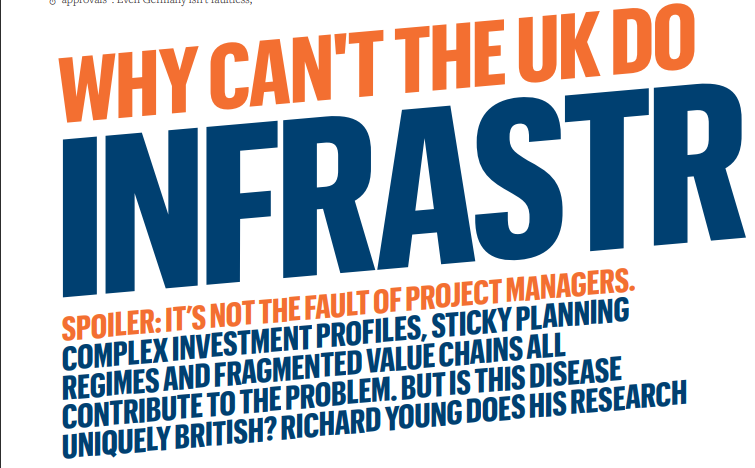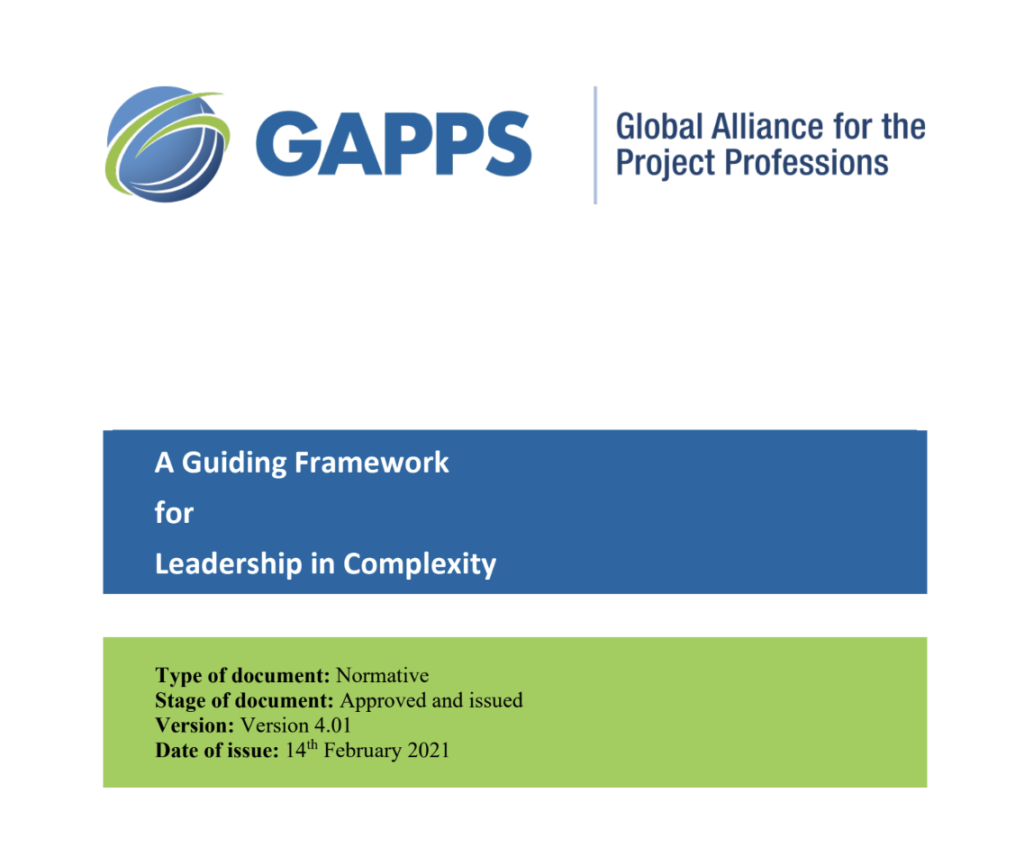
Skills Development – How to learn any skill, Master it and Lead others
When I was learning to drive years ago, I almost quit!
Driving required all my attention because I had to notice everything.
First, I unlock the car door, adjust the seat, strap my seatbelt, insert the key into the ignition, turn it clockwise; not the other way, adjust the rearview and side mirrors; look out for any obstacles, step on the brake pedal, move the gearstick into the right position, reduce foot pressure on the brake, guestimate the distance between me and the main road while keeping the wheels aligned; monitor for approaching traffic, estimate how objects-in-the-mirror-look-closer-than-they-appear translates into the actual distance; all the while applying the right pressure on the gas pedal and brake…it was a lot to take in.
In the first few weeks, I was overwhelmed. I bumped into a few objects; garbage bins, hedges, shrubs, etc. But not humans, thankfully.
I recall my instructor encouraging me. He said a time would come when I would not have to think hard enough while driving.
For me, that time seemed too distant. But it’s here! I can do all of these at the same time while telling my kids a story while driving. I can drive on for hours and not have to think hard about when to engage the trafficator and all that. Thanks to automatic cars, my work has shrunk. With self-driving cars on the way, maybe I won’t need to worry about driving.
Juxtapose that with my early career as a Project Manager and you get the same picture. It got so challenging when I started learning about new PM software packages and how to use them for my daily work. But thanks to the learning continuum, I have since gone from amateur to pro.
The Four Stages of Learning
As monolithic as it seems, learning is not a single-staged process. In the 1970s, Noel Burch, an employee with Gordon Training International, developed the Conscious Competence Ladder. For the past 40+ years, world leaders, CEOs, mid-level executives, interns, etc. have used this model to manage their expectations and emotions during potentially challenging learning seasons.
Burch classified the learning progression into four stages:
- Unconscious Incompetence
- Conscious Incompetence
- Conscious Competence and
- Unconscious Competence
Before we consider each stage in detail, let’s see why this knowledge is crucial.
- These four stages will help you understand the cocktail of emotions you experience when learning anything new. This way, you can stay motivated when you feel inadequate or insecure. For instance, when you’re consciously incompetent, you can reassure yourself and others that, while learning a new skill can be arduous in the beginning, it gets easy with time and practice.
- This knowledge will help you manage your expectations of achievements; so, you don’t try to achieve huge millstones in an unreasonably short time.
- When you get to the zenith of your competence, this model will remind you to value your skills and to be patient with people who are still on the lower rungs of the ladder.
- This knowledge is also useful when coaching your clients or mentees. As a former newbie, you can relate to the thoughts and feelings of other newbies. You can help them make sense of their frustrations and victories as they progress on this path.
That said, let’s dive in!
- Unconscious Incompetence
All my life, I’d been brushing my teeth the wrong way. I discovered this months ago when I stumbled on a Twitter thread by a renowned dentist faulting the old practice of flossing with water after brushing.
She advised that people simply spit out the excess foam and leave it that way to allow the fluoride to stay long enough to do its work.
You may just be learning about this too. And there’s a tendency is to argue it away. But that’s not how learning works. When I read further and asked questions, I found it to be correct. In fact, I discovered more.
Studies revealed that 90% of people make at least one toothbrushing mistake without knowing. They are either using the wrong toothbrush, brushing too hard, not brushing long enough, not letting their toothbrush dry well in-between use or not replacing their toothbrush often enough.
If 90% of us are doing this bad with brushing our teeth, what makes you think you’re getting it right with driving or plying your trade?
We all have areas we’re doing badly in without knowing. Our default state is unconscious incompetence.
Brushing your teeth wrongly way may not be your concern. There are a lot of things you don’t know and, quite frankly, you couldn’t care less. Not when it involves your career. You don’t need to know the details of every aspect of your trade. But when it involves your specific job and skills, it is tragic to not know your blind spots.
Getting through this phase is difficult because of the Dunning-Kruger Effect. It’s a cognitive bias where people with low competence are the least capable of spotting it. Those on this rung are blissfully ignorant. They have no idea what it takes to deliver results in a certain domain and therefore, their confidence exceeds their abilities.
To escape this illusion, career growth professionals recommend tools such as a Personal SWOT Analysis and a Training Needs Assessment to recognize your strengths and weaknesses and to know what skills to learn.
If you have a coach, mentor or a trusted colleague, ask them for honest feedback so you can identify your weaknesses and the right skills to make up for them. If you’re a team leader, ensure that you show your rookies how much they still need to learn and why they need to learn.
- Conscious Incompetence
This is where you discover the gap; the exact skill you’re lacking. You may even see others exhibit that skill so well that it intimidates you. This stage can be demoralising.
When they suddenly realise how much there is to learn, most people simply give up. At this stage, I recommend using words of affirmation to egg you on and neutralise negative thinking. Learning something new can be uncomfortable in the interim but remember that the skills you’re building are your lifeline to reaching your goals and building a happier life.
If you’re a Project Manager, this is the time to encourage and support your team members, especially the rookies. Let them know that it is natural to feel overwhelmed and discouraged at first. Show them successful examples of those who did it and emerged better on the other side.
- Conscious Competence
At Conscious competence, you know that you have acquired the needed skills and knowledge. You practice more often and the more you get it right, the more confident you become.
This, for me, is the most rewarding stage of learning because you are more aware of your progress. We’ve all been there. Think of when you learned to drive. One day you realised that your hands, feet and eyes became one with the steering wheel. You knew when to turn, how to park on a busy road and manoeuvre your way across lanes. It’s euphoric!
You still needed to concentrate when driving, but, as you drove more often, the activity become more automatic.
At this level, many people quit practicing their new found skills. They wax complacent. Big mistake!
If anything, this is the time to hunt opportunities to deploy your skills as often as you can. One word comes to mind, volunteering. When you volunteer for causes that require your new skills, you’re serving and growing at the same time. Your mistakes have lesser consequence, and you can easily course-correct along the way.
As a team leader, this is where you help team members focus on their new skills and provide them with enough opportunities to practice. You could hand them projects that require their new skills or put them on similar teams.
- Unconscious Competence
Here, you can deploy your new skill without raking up all your mental energy and focus.
Luckily for us humans, our brains lock onto habits quite quickly. When you practice an activity in a certain way for long enough, the activity would require less and less conscious effort. After a while, you won’t have to think anymore. It’s a learning curve.
With driving, I noticed that my mind started to multitask. It could meander into unrelated thoughts. I start to think about taking my kids out for the weekend, what next to do at work that day, a conversation I had with my wife earlier. All the while, my hands and feet continue to move routinely because they know what to do.
This is true for driving as it is for decision making, project scheduling, contract negotiation, project planning and the cocktail of skills I deploy in my work as a Project Manager.
While you continue to grow in your competence as a project manager, pilot, software developer, growth expert, etc., the foundational matters have been crystalised in your subconsciousness already. Others may term you competent, but you’re almost unaware because it’s second nature now.
Once you get unconsciously competent, you should not stop there. Learn more! One way to do this is to teach others in your team or organisation. Teaching others what you know will not only keep the information stay fresh in your mind but will also deepen your understanding of the subject.
A warning:
As with all journeys, it is possible to move back and forth on the continuum. I mean, just as it’s possible to move from Unconscious Incompetence to Unconscious Competence, it is possible to go vice versa if you don’t deploy your new skills regularly.
If you’re a team leader, this is a warning you want to share with your team. Complacency is the doorway to declining competence. To remain relevant, your team must stay up to date with developing their skills. To do this, encourage the use of checklists and procedures to engage their minds at every point.
Tying it all up:
In your lifetime, you will attain unconscious competence in several domains. In other domains, you won’t need to get that far. You will require just enough competence to do those things by yourself.
The balance, though, is to seek the highest levels of competence in domains you are most attuned with. Also, identify those areas you can afford to be incompetent. If you’ve chosen to be unconsciously competent at negotiating and deal closing, then you may afford to be consciously incompetent in videography.
It is not bad to be incompetent. However, it is bad to be incompetent in the areas that matter the most in your progress and fulfilment in your life and career.






